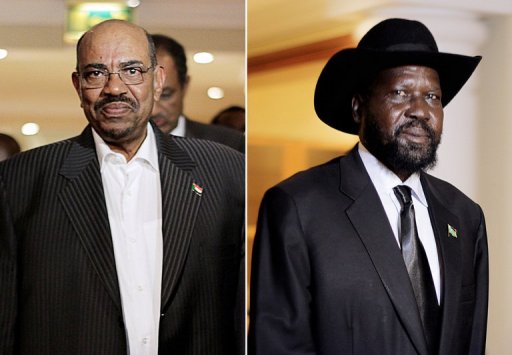I remember when I was young I used to arrange a mise en scene with my dolls and sing to them, imagining that they were my audience, Moroccan singer Karima Skalli recalled as she gazed from the Grand Hyatt balcony into the amazing view of the city.
Skalli is one of the rising stars of the new Moroccan indigenous scene. Her unique voice has rendered her a regular performer at major music festivals around the world. She is currently visiting Cairo to work with renowned Egyptian composer Omar Khairat on a new project.
“What attracted me to singing was the great happiness it gave me, she said. “Singing chooses you; you do not choose to sing.
Despite her passion for music and her notable skills, Skalli didn’t pursue a professional career in music until after she got married and became a mother of two. November 1999 marked her first appearance in the Arabic Music Festival at the Cairo Opera House in Egypt. Shortly afterwards, she participated in the Spiritual Music Festival in Fas in June 2000.
Ever since she performed in the Spiritual Music Festival in Fas, Skalli – whose Sufi-inspired songs are a fixture in her concerts – became convinced that spirituality, Sufism and music were tightly connected.
“I believe Sufism is in every one of us, we always turn to God in every day situations as in happiness, grief or sickness, she said.
She believes that Sufism is embedded in all different forms of music.
“Christian hymns, Quran chanting and Mozart’s and Bach’s music are all religious and Sufistic in a way.
When asked about whether religious songs should be expressed directly or not, she replied, “Religion is life; it is in the nature of people, love and social issues.
“I sing to share a true moment with my audience and not to impose a certain belief and God said in the Holy Quran that one should share the gifts he/she receives with others, she added.
“I was lucky to attend Omar Khairat’s concert yesterday at the Cairo Opera House, and if you had seen how truly ecstatic the audience were, you would have understood what I am saying. Music is a dialogue of the soul between the artist and the audience.
In addition to her love for music and Sufism, she contributed to the International Women Festival in Marrakech in March 2000.
“I believe that singing frees women and empowers them, she said. “What’s even more interesting is how music affects children. My daughter plays the piano and my son plays the Indian drum. And I realized that music brings some kind of equilibrium in the relationship with one another, in addition to the fact that they became more aware of which music is refined and which is commercial.
Earlier, she was humming some old tunes by Asmahan, one of her many favorite artists – a list that includes Um Kolthum, Laila Mourad, Soaad Mohamed, Sayed Darwish and Mohamed Abdel Wahab.
“Although I am Moroccan, I enjoy listening to artists from different nationalities. Music is a universal language, born within every human being.
Even back in ancient times, [pre-historic] man used to make different sounds when he was trying to say something, she said.
“I recall an interesting incident when I walked into a church and there was a Christian American woman by the piano. As soon as she started playing, I immediately started to sing as if we had rehearsed before together. It was amazing how music brought us together despite our different nationalities and religious beliefs.
“To me, the power of music is enormous; it is the power to convey feelings, sincerity and happiness, she added with a smile on her face.

